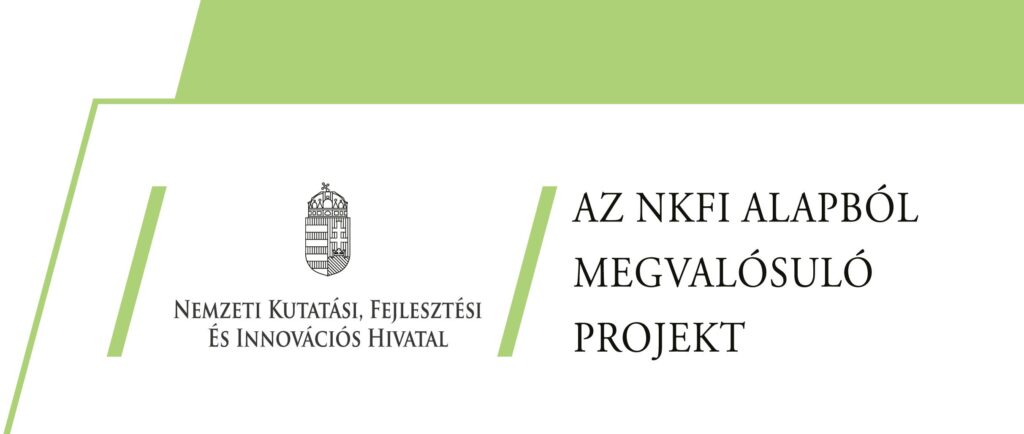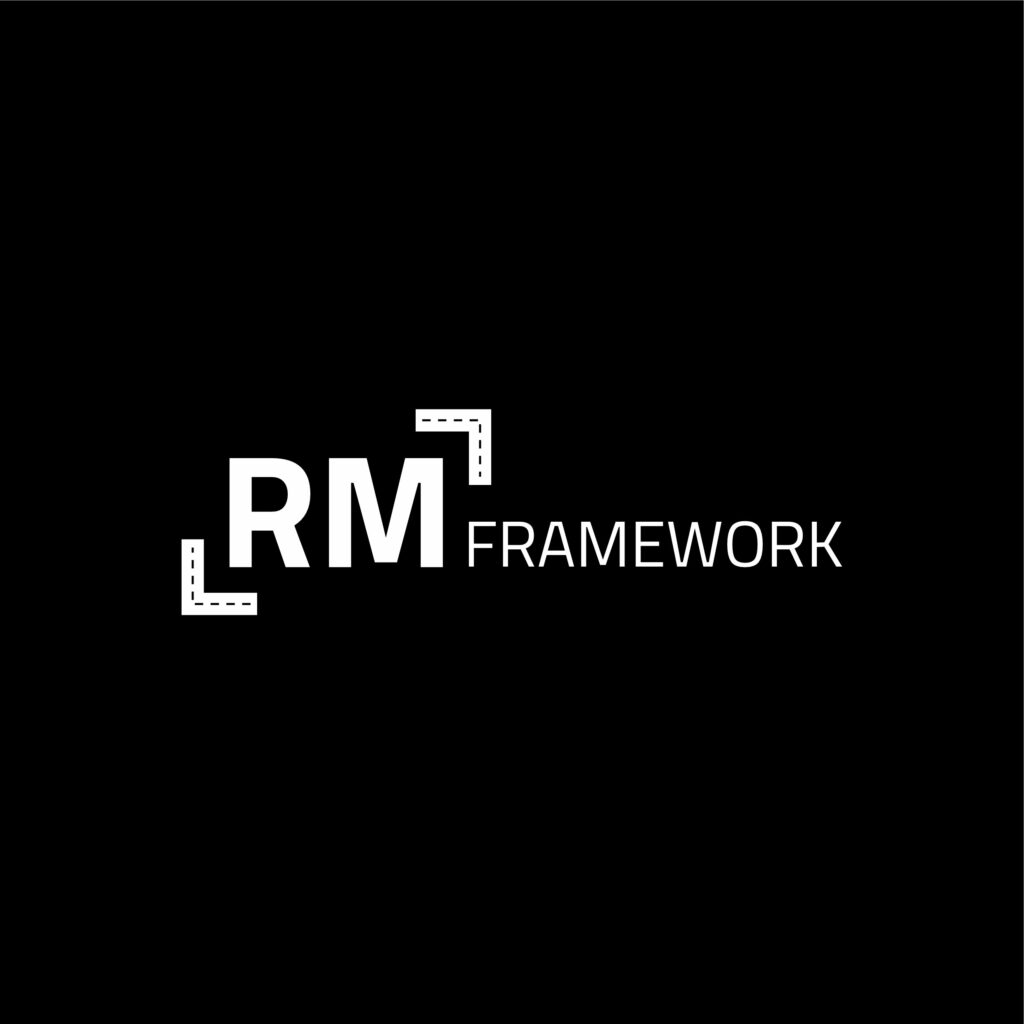Kutatások, kiadványok
Cold War Research Center
The Cold War History Research Center (Center) was established in December 1998, following a pioneering civic initiative, as the first scholarly institution founded as a non-profit organization in East Central Europe.
The Center was founded with the aim of continuing within a new, independent institutional framework the international research that had been coordinated for several years by the international research section of the 1956 Institute in Budapest. Since January of 1999 the Center, an NGO, has been functioning as an independent legal entity as a foundation.One of the main goals of the Center is to provide research of Cold War history in Hungary with an organizational framework and material conditions that make it possible for Hungarian research to be on the cutting edge of the international Cold War history research and to help Hungarian research be integrated with the international level of scholarship
The Center continues the intensive cooperation that developed between the the 1956 Institute and the network of international Cold War history research coordinated by the Woodrow Wilson Center’s Cold War International History Project (CWIHP) and the National Security Archive (NSA) in Washington D.C. since the early nineteen-nineties.Thus, from the time of its establishment the Center has been contributing to the flourishing of the „new Cold War history” aimed at transforming the previous one-sided approach based primarily on Western sources, finally into a real international discipline through the systematic exploration of the once top secret documents found in the archives in the former Soviet Union and the Eastern Bloc countries.
International Linkages of Economic and Public Health Security
The Department of International Studies is calling for paper abstracts to be submitted by February 21, 2020 for a conference on „International Linkages of Economic and Public Health Security” with a view to inspiring an interdisciplinary discussion on the subject between participants from various different disciplines (including and especially International Relations, Political Science, Sociology, Health Sciences and Climatology).
The conference is to be held on April 9, 2020.
Papers are to cover a wide range of topics related to the subject of the conference, with international linkages of economic and public health security in the focus. Some examples, to illustrate the diversity of contributions we are expecting, and by no means to exhaust the conceivable possibilities:
- Implications of economic recession for international security
- Toxic linkages: The mechanisms behind the emergence and spread of economic crises
- The public health implications of climate change and processes of migration
- International political determinants of public health
- Current challenges to Universal Health Coverage
- Emerging diseases and international cooperation
- The political economy of neglected diseases
Abstracts on the above or other, similarly interesting subjects should be sent by the above deadline (February 21, 2020) to Chief Organizer Péter Marton, Ph.D. at peter.marton@uni-corvinus.hu. Interested scholars and students are also welcome to contact Dr. Marton with any questions they may have related to the planned conference. The occasion of the conference will serve to herald the publication of the print edition of the Palgrave Encyclopedia of Global Security Studies (ed. by Péter Marton, Scott Romaniuk and Manish Thapa — a forthcoming publication). One of the aims of the conference is to assemble a journal special issue for publication (details to be announced later on). The deadline for the submission of articles will be April 17 (that is, one week after the conference).
The conference is connected to a research project co-sponsored by the European Union, Hungary and the European Social Fund in the framework of the EFOP-3.6.3-VEKOP-16-2017-00007 project (titled „Tehetségből fiatal kutató – A kutatói életpályát támogató tevékenységek a felsőoktatásban”
FoRMAtion Erasmus + projekt
RM Framework Horizon Europe
RM Framework (a Horizont Európa programból és az NKFI Alapból megvalósuló projekt)
Az RM FRAMEWORK projekt célja, hogy támogassa egy európai kutatásmenedzser képzési rendszer kialakítását, fokozza a képzések közötti átjárhatóságot és az Európai Kutatási Térségen (ERA) belül fejlessze a kutatásmenedzsmentet. A keretrendszer célja, hogy a politikai döntéshozók, a képzési és networking szolgáltatók számára iránymutatást nyújtson a kutatásmenedzserek egységesített szakmai képzési programokon keresztül történő fejlesztéséhez. Azáltal, hogy a projekt nemcsak közös keretet kínál, hanem egyidejűleg rugalmas megközelítést is alkalmaz, Európa-szerte elismeri a helyi és nemzeti különbségeket, és olyan képzések, valamint akkreditációs rendszer kidolgozását célozza, amely hozzájárul a kutatásmenedzser karrier fenntarthatóvá tételéhez, valamint a kutatásmenedzserek által végzett munka minőségének és láthatóságának javításához.
A kezdeményezésben tíz ország (Belgium, Csehország, Franciaország, Németország, Magyarország, Olaszország, Lengyelország, Portugália, Románia, Spanyolország és Franciaország) 16 szervezete vesz részt, amelyeket az európai és nemzeti kutatásmenedzser-szervezetek kiterjedt hálózata támogat. A koordinációt az EARMA, az Európai Kutatásmenedzserek és Adminisztrátorok Szövetsége látja el.
A Budapesti Corvinus Egyetem három (alap-, mester- és posztgraduális) szinten folyó, kutatásmenedzsment tárgyú képzéseinek a projektben kialakított keretrendszerhez igazításával és tesztelésével, valamint az akkreditációs rendszer kidolgozásához való hozzájárulással vesz részt a 2025. február 1-én induló, kétéves futamidejű projektben. A megvalósítást a Globális Tanulmányok Intézete, a Vállalkozás és Innováció Intézet, az Oktatási Minőségfejlesztési és Módszertani Központ és a Pályázati és Projekt Központ munkatársai támogatják.
Projekthonlap: https://rm-framework.eu/
Az 2020-2.1.1-ED-2024-00345 számú projekt a Kulturális és Innovációs Minisztérium Nemzeti Kutatási, Fejlesztési és Innovációs Alapból nyújtott támogatásával, a 2020-2.1.1-ED pályázati program finanszírozásában valósult meg.



Kiadványok
Grotius folyóirat
A Budapesti Corvinus Egyetem Nemzetközi Kapcsolatok Tanszékének és Nemzetközi Doktori Iskolájának tudományos és tudományos ismeretterjesztő on-line folyóirata. A folyóirat elektronikus változatán belül, a Grotius E-Könyvtár sorozatban a hosszabb tanulmányok mellett önálló könyvek is hozzáférhetők. A Grotius Könyvtár sorozatban pedig hagyományos, nyomtatott könyvek jelennek meg.
- A szerkesztőség szívesen fogadja a lappal kapcsolatos észrevételeket, hozzászólásokat.
- Szerkesztőségi napokat keddenként 12.30-13.30 óra között tartunk a Budapesti Corvinus Egyetem Közraktár utcai épületében az C.501-as szobában.
- Kérjük, hogy az alábbi e-mail címen jelezze előre, ha a szerkesztőségben személyesen szeretne megjelenni.
- Elérhetőségeink:
- cím: 1093 Budapest, Közraktár u. 4-6. V.em. C.501.
- e-mail: szerk@grotius.hu
- telefon: 482-7237
- fax: 482-7255
- Elérhető: www.grotius.hu
Corvinus Journal of International Affairs · COJOURN
Corvinus Journal of International Affairs · COJOURN: A multidisciplinary journal of international affairs
ISSN 2498-5570
Available at: cojourn.blogspot.hu
Editor-in-Chief Dr. Péter MARTON
Chairman of the Editorial Board Dr. László CSICSMANN
Editorial Board Members As of February 2016:
Dr. László CSICSMANN, Dr. Zsolt ROSTOVÁNYI, Dr. Ágnes KEMENSZKY, Dr. Tamás MOLNÁR, Dr. Péter MARTON, Dr. Zoltán GÁLIK, Dr. Éva IGNÁTH, Dr. Csaba BÉKÉS
New members, as of April 2016:
Dr. Mary H. DURFEE, Dr. Christian ROSSI, Scott ROMANIUK, Tamás MATURA, Dr. Anna PÉCZELI , Balázs SÁRVÁRI, Dr. András TÉTÉNYI
New member, as of December 2016: Dr. Melinda KALMÁR
Published by Nemzetközi Tanulmányok Tanszék · Department of International Studies, Corvinus University, Budapest, Hungary 1093 Budapest, Közraktár utca 4-6.
Péter Marton: Ethical failures of the COVID-19 Pandemic Response
2022 végén megjelent oktatónk és kutatónk, dr. Marton Péter monográfiája a pandémiás döntéshozatal és válaszadás globális visszásságairól a Palgrave Macmillan kiadónál. A kötet vizsgálódása a járvány nem-biológiai tényezőire helyezi a hangsúlyt, különös tekintettel a döntéshozatali folyamatokra és ezek stratégiai kihatásaira. A szerző örömmel válaszol a könyvvel kapcsolatos megkeresésekre a peter.marton@uni-corvinus.hu címen.
További információ a könyvről a linken olvasható!
Bolyai-projektek
Digitális technológia és nemzetközi kapcsolatok: lehetőségek és kockázatok a nemzetközi segélyezésben
A digitalizáció nemzetközi nemzetközi kapcsolatokban játszott, IT-biztonságon messze túlmutató szerepét az utóbbi évtizedben élénk figyelem övezte. Kormányok, nemzetközi szervezetek, a gazdasági élet szereplői egyaránt meg vannak győződve róla, hogy a digitalizáció kínálta megoldások elengedhetetlenek az ENSZ 2015-ben elfogadott Fenntartható Fejlődési Céljai (Sustainable Development Goals, SDG) eléréséhez, legyen szó az állami funkciók ellátásáról, közszolgáltatások biztosításáról, a klímaváltozás hatásainak előrejelzéséről vagy hatékonyabb segélyezésről konfliktus vagy egyéb vészhelyzet esetén.
Mindennek ellenére a különféle technológiai eszközök alkalmazása, a különféle AI-modellek hétköznapi munkafolyamatokba való integrálása, illetve a digitalizált adatokra épülő döntéshozatal elsősorban üzleti lehetőségként, esetleg költségként merül fel. Bár egyetemünkön létezik Fenntartható Fejlődési Intézet, van fenntarthatóságért felelős dékáni pozíció, illetve hallgatóink számára kínálunk olyan képzést (MA in Social Data Science), illetve a nemzetközi kapcsolatok programban (MA in International Relations) kurzusokat (pl. Digital Transformations in International Relations), amely az adatelemzést, illetve a technológiahasználatot nem pusztán üzleti lehetőségként, hanem társadalmi kontextusában értelmezi, kevésbé ismert, hogy a nemzetközi szolidaritás és segélyezési tevékenység hogyan alakul át Magyarországon is. Ennek megfelelően a Bolyai-kutatás elsődleges célja azon társadalmi-politikai összefüggések vizsgálata, amelyek az adományozók (hivatalos donorok, segélyszervezetek, cégek, egyének) és a kedvezményezettek közötti kapcsolatokat a digitalizáció velejárójaként alakítják, különös tekintettel a kedvezményezettek donorokkal szembeni mozgásterére, autonómiájára, jogaira, illetve a hazai és nemzetközi, civil és kormányközi segélyszervezetek technológiahasználattal és adatgyűjtéssel kapcsolatos tapasztalataira, dilemmáira. A kutatás további célja annak megértése, hogy különböző hazai segélyszervezetek, online közösségek, egyesületek és alapítványok milyen technológiákat, milyen célokra és hogyan használnak, milyen új együttműködések jönnek létre az üzleti szféra szereplői (pénzügy szolgáltatók, technológiai cégek) és a segélyszervezetek között, illetve azok hogyan befolyásolják a nemzetközi szolidaritást, illetve segélyezési munkát.
Finanszírozás: Bolyai Kutatási Ösztöndíj (MTA, 2024-2027, BO/00604/24)
Elérhetőségek
Paragi Beáta, PhD, habil, egyetemi docens, email: beata.paragi@uni-corvinus.hu
Globális Tanulmányok Intézet, Corvinus University of Budapest
ORCID: 0000-0002-7432-7810
Kutatásetikai jóváhagyás: Budapesti Corvinus Egyetem, Kutatásetikai Bizottság (KRH/202/2024)
Részvétel a kutatásban
Amennyiben szeretne részt venni a kutatásban szándékát kérjük a beata.paragi@uni-corvinus.hu címen jelezze. A kutatás során gyűjtött adatok publikációkhoz és konferenciarészvételhez is felhasználásra kerülhetnek. Az adatgyűjtés fő pillérei:
(1) hazai segélyszervezetek, amelyek a Globális Dél olyan országaiban tevékenykednek, amelyek az OECD DAC kritériumai szerint jogosultak hivatalos fejlesztési támogatása (ODA);
(2) olyan hazai civil szervezetek és kezdeményezések, illetve Budapesten irodával rendelkező nem-kormányzati, illetve kormányzati szervezetek, amelyek a különböző jogcímen itt tartózkodó külföldiek (pl. ukrajnai menekültek) magyarországi boldogulását, integrációját segítik különféle módokon.
(3) hivatalos szereplők, (pl. Hungary Helps Ügynökség, Magyarországon irodával rendelkező ENSZ-szervezetek) digitalizációval kapcsolatos gyakorlatai, tapasztalatai.
Aktuális: Az ENSZ 80. évfordulója kapcsán a Globális Tanulmányok Intézet egynapos konferenciát szervez 2025. november 6-án, amelynek utolsó szekciója azt kívánja körbejárni, hogy a digitalizáció milyen lehetőségeket és kockázatokat jelent a segélyszervezetek hétköznapi tevékenységében. Amennyiben valamely segélyszervezet képviseletében részt venne, szándékát a beata.paragi@uni-corvinus.hu címen jelezheti.
A kutatáshoz kapcsolódó, eddig megjelent publikációk
- Ślęzak-Belowska and Paragi Beata, 2026, “The multi-level governance and actors’ perspective on technologies in migrants’ integration” in Ślęzak-Belowska Ewa, Jelínková Marie, Bielewska Agnieszka, Amit Karin, edited by, Technology and Forced Migration. Ukrainian Migrants in Central and Eastern Europe. London: Routledge.
- Paragi, Beáta, 2025, “Distance vs. Proximity. The Politics of Digitalized Solidarity in Hungary”. Paper presented at the 18th EISA Pan-European Conference on International Relations, https://eisa-net.org/pec-2025/
- Paragi, Beáta, 2025, Gifts with burdens attached. Coding the spiritual essence in EU-funded aid projects. Conflict, Security & Development, 1–46.
